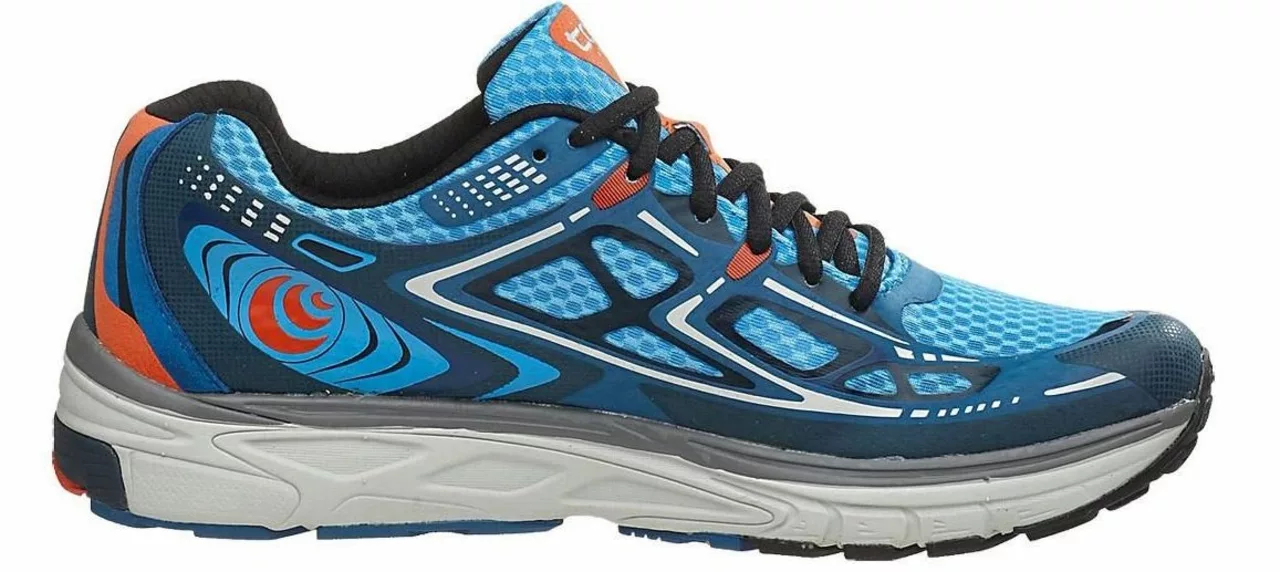Performance – Boost Your Speed and Skills
Welcome to the performance hub of Motorsport World Hub. Here you’ll find practical guides, real‑world reviews and straight‑to‑the‑point advice that helps you get faster, drive safer and understand what makes a machine perform at its best.
Top Performance Driving Schools
If you want to feel the edge of a race car without the danger of the street, a performance driving school is the place to start. One popular option near San Francisco is the Simraceway Performance Driving Center in Sonoma. They offer courses for beginners, intermediate drivers and seasoned racers, each led by professional instructors who break down braking, cornering and throttle control in a way that sticks.
Another solid choice is the Brandt Racing School in Texas. Their curriculum mixes classroom theory with on‑track laps, so you learn the why behind every technique. Graduates often say the hands‑on time on a real track makes the lessons click faster than watching YouTube videos.
Most schools also let you try a real race car for a few laps – think GT‑style machines with slick tires, rear‑wheel drive and a true sense of grip. That experience alone changes how you feel about everyday driving because you start to notice weight transfer, steering feedback and braking distance in a whole new light.
Performance Tips for Everyday Drivers
You don’t need a track day to improve performance. Simple habits can make your car respond better on any road. First, keep your tires at the right pressure. Under‑inflated tires waste energy and make the car feel sluggish, while over‑inflated ones reduce contact patch and grip.
Second, practice smooth throttle inputs. Rapid “floor‑it” actions waste fuel and wear the clutch. Try to modulate the pedal gently, especially when exiting a corner. You’ll notice the car feels more balanced and you’ll keep a higher average speed.
Third, lightening the car where it makes sense helps. Removing unnecessary weight – like a spare tire you never use or heavy floor mats – improves acceleration and braking. Even a 20‑kg reduction can shave a few tenths off your 0‑60 time.
Lastly, listen to your car’s sounds. A change in engine note, a squeal from the brakes or a wobble in the steering wheel often signals something needs attention. Early fixes keep performance consistent and prevent larger, costly repairs later.
Our performance tag also covers deeper topics like engine tuning, aerodynamics and the psychology behind racing. Whether you’re a 23‑year‑old hoping to break into motor racing, a 30‑year‑old wondering if it’s too late, or just a weekend enthusiast looking for a quick performance boost, you’ll find posts that answer your questions.
Feel free to browse the articles, leave comments, and share your own experiences. The more you engage, the faster you’ll learn. Ready to level up? Dive into the posts below and start applying the tips today. Your next lap, road trip, or track day could be a lot more exciting when you know how to get the most out of your machine.

Do racing shoes really make a difference?
Racing shoes can make a real difference for serious athletes. Whether you're running a marathon or competing in a track event, the right shoes can help you perform at your best. The right shoes can provide more support, cushioning, and traction, all of which can help you run faster, jump higher, and stay injury-free. It's important to find a shoe that fits your foot and your specific event, so you can stay comfortable, agile, and confident during competition. With the right racing shoes, you can take your performance to the next level.
read more